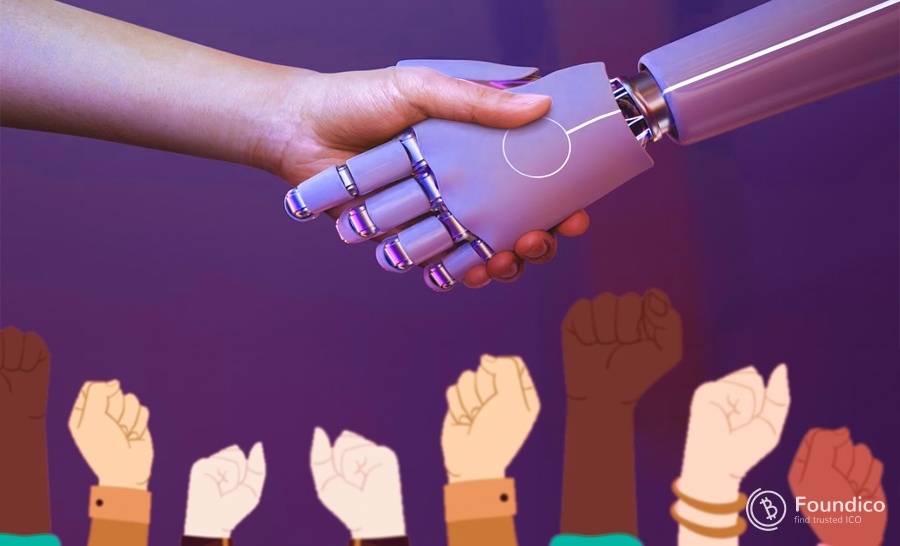Equality and Justice: Another Realm that Could Benefit from Artificial Intelligence

Artificial intelligence (AI) is quickly changing many facets of our lives, including the way we work, communicate, and make decisions. In addition to posing serious threats to privacy, autonomy, and dignity, AI also has the potential to advance human rights by fostering fairness, equality, and justice. The impact of AI on human rights is examined in this article, along with the best ways to balance development and application of AI for advancement and protection.
The gathering, examination, and use of personal data is one of the major ways that AI may have an impact on human rights. To make predictions and decisions, AI algorithms can analyze enormous amounts of data, but this also raises issues with privacy and the security of personal data. An AI algorithm may produce discriminatory or unfair results that violate human rights, for instance, if it is trained on biased data.
AI's effects on employment and labor rights are another way that it may have an impact on human rights. Many routine and manual tasks could be automated by AI, which could result in job displacement and economic insecurity for workers. It's crucial to make sure that the advantages of AI are distributed fairly and that workers are supported by training and reskilling initiatives.
AI can, however, also advance fairness, equality, and justice, which would benefit human rights. For instance, biases in decision-making procedures like hiring and promotion procedures can be found and eliminated using AI algorithms. AI can also improve access to healthcare, education, and other fundamental rights, especially for underserved groups and people with disabilities.
It is crucial to use a collaborative and multidisciplinary approach to the creation and application of AI in order to balance its potential advantages and drawbacks for human rights. Engaging stakeholders from various backgrounds and viewpoints, such as policymakers, technologists, ethicists, and human rights activists, is a part of this. It also calls for a dedication to openness, responsibility, and the application of ethical frameworks to direct decision-making throughout the AI development process.
In conclusion, AI has the potential to transform human rights by promoting fairness, equality, and justice, but it also poses serious risks to privacy, autonomy, and dignity. We can guarantee that these technologies are applied in a way that respects and enhances human rights by balancing progress and protection in the development and deployment of AI.
An Analysis by Pooyan Ghamari, Swiss Economist with Expertise in the Digital World
